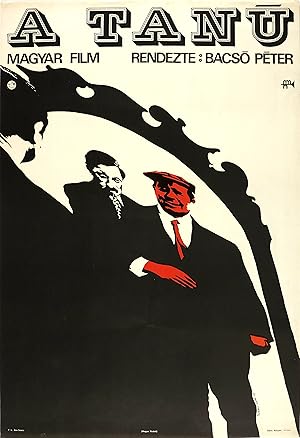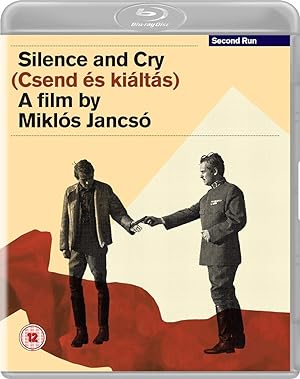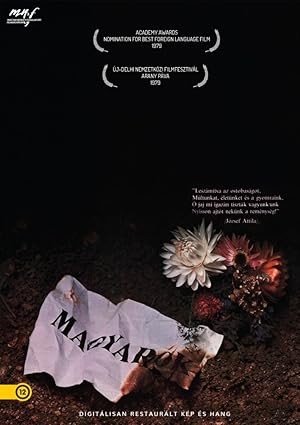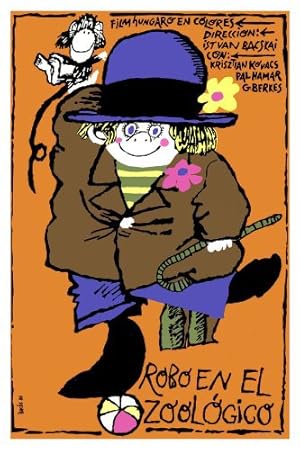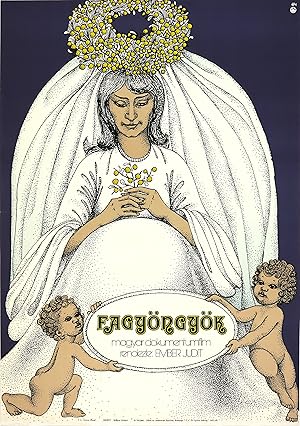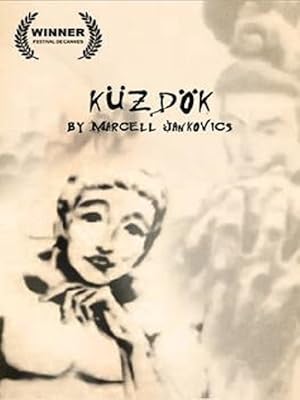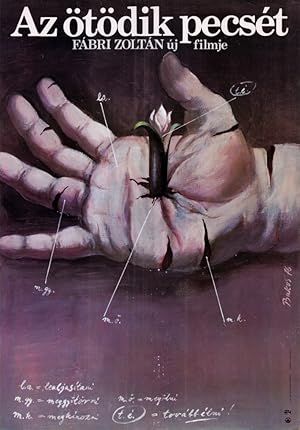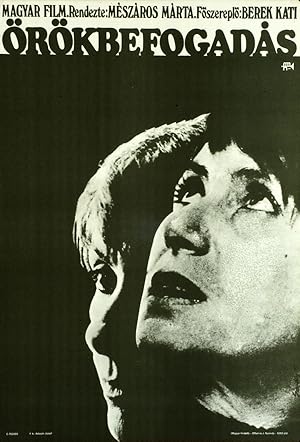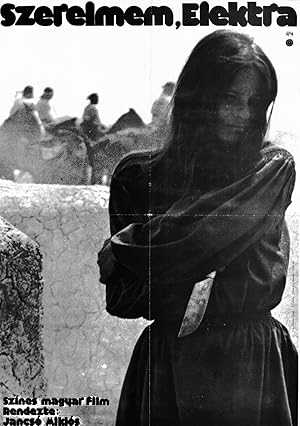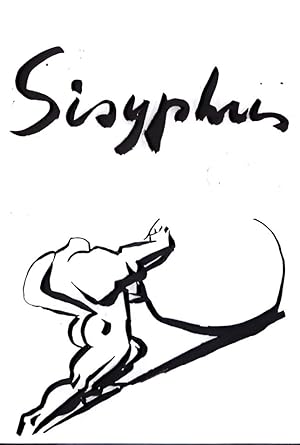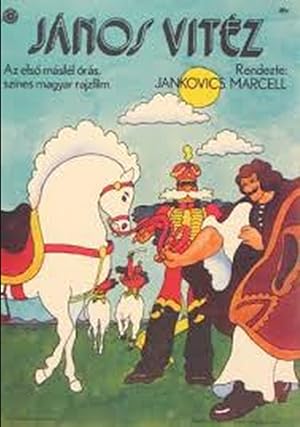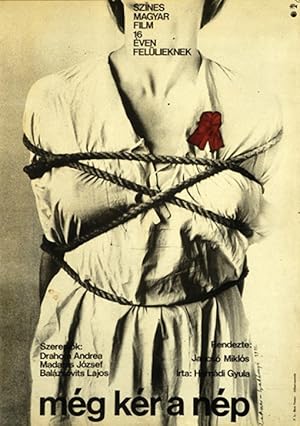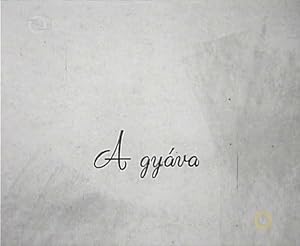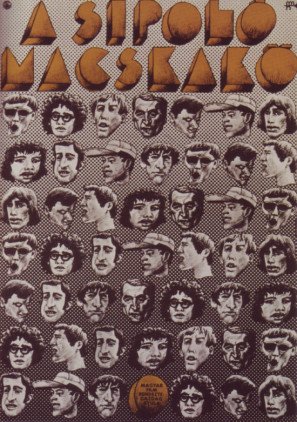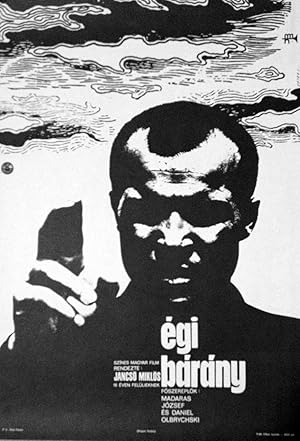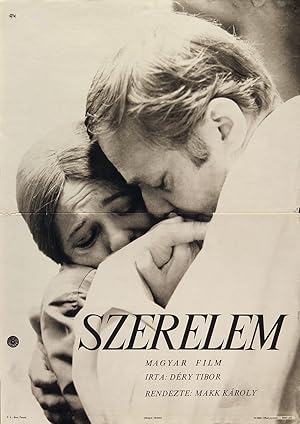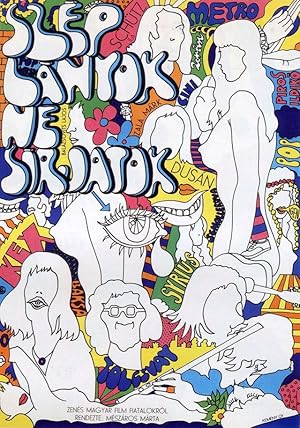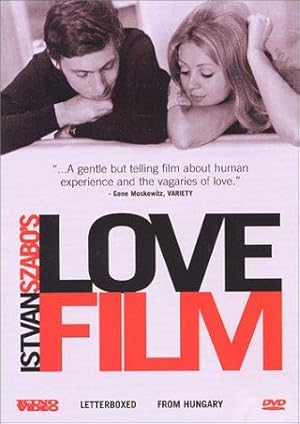Top Hu-Language Movies
You’re now browsing page 7, where our journey through Hu-language movies continues. If you’ve already encountered some outstanding titles on previous pages, now is the perfect time to dig deeper, uncovering more cinematic gems that highlight the richness of hu-language storytelling. Keep exploring and enjoy the ride!
The Witness (1979)
0
Hungary, 1950s. József Pelikán, who works as a dam keeper on the Danube, meets by chance Zoltán Dániel, an old friend whom he saved from death years before and who is now a powerful politician.
Hungarians (1978)
0
A group of landless Hungarian peasants accept work as migrant-laborers on a farm in northern Germany where the wages are good, and the wives and family are allowed to accompany them. Though it is in the midst of World War II, they are relatively well-off. However, they glimpse the treatment accorded to POWs and others who are not so gently treated, and at the conclusion of the year's harvest, they choose to return to Hungary and are quickly swept up in the tides of war. This film is part of a series of films by award-winning, well-respected director Zoltan Fabri who devoted much time and effort chronicling the struggle against fascism.
Bowler Hat and Red Nose (1978)
0
Members of the Wild Goose patrol decide to find the little monkeys stolen from the Zoo. They try to make up for what the unruly adults messed up. They keep bumping into the disguised damned ice-cream vendor, the intriguing Bagaméri, who would like to get the reward set for the finder of the monkeys.
Mistletoes (1977)
0
Judit Ember returns to follow the life of Nóra Szabó, the heroine of her documentary film 𝘛𝘢𝘯𝘵𝘰̈𝘳𝘵𝘦́𝘯𝘦𝘵 ("Instructive Story", 1975). The troubled young woman who formerly attempted to commit suicide by jumping off a fourth floor is now an unmarried and pregnant mother with two children. Her own mother also brought up her children in similar circumstances, in a closed community without men. But Jenő, the unflaggingly energetic labourer and father of Nóra’s third, as yet unborn child, brings change into their lives.
The Struggle (1977)
0
Metaphor about art, about time, or how art uses the artist's life in his quest to create his work, in which he was pouring his talent, his vigor, and the best years of his life.
The Fifth Seal (1976)
0
In 1944 Budapest, one of a group of four friends poses a hypothetical moral question to the others, an act that will unexpectedly alter their lives forever.
Adoption (1975)
0
When middle-aged Kata realises that her life will only be complete if she has a baby of her own, her longstanding-but-married boyfriend Joska refuses to comply. But by developing an unlikely friendship with the angst-ridden teenage orphan Anna, who is also involved in a controversial relationship, Kata discovers aspects of herself, and her role as a woman, that have gone unexamined throughout her entire, lonely life.
Electra, My Love (1974)
1
It has been fifteen years since the death of her father, Agamemnon, and Elektra still burns with hatred for Aegisztosz, who conspired with Elektra's mother to kill him.
Sisyphus (1974)
1
The film is an artistically spare depiction of the Greek myth of Sisyphus, sentenced to eternally roll a stone up a mountain. The story is presented in a single, unbroken shot, consisting of a dynamic line drawing of Sisyphus, the stone, and the mountainside.
Johnny Corncob (1973)
0
A traditional Hungarian poetic fairytale that describes the epic adventures of a young shepherd through love, war, magic and death.
Red Psalm (1972)
0
Set in the 1890s on the Hungarian plains, a group of farm workers go on strike in which they face harsh reprisals and the reality of revolt, oppression, morality and violence.
The Whistling Cobblestone (1971)
0
The week-days of a youth-camp, playing democracy, are depicted in this documentarist satire. Due to faulty organisation, the Budapest high-school students get only working tools, but no work to do. The camp leadership tries to cover up facts and urges them to be initiated into "community life".
Agnus Dei (1971)
0
Allegory of the suppression of the 1919 revolution and the advent of fascism in Hungary; in the countryside, a unit of the revolutionary army spares the life of father Vargha, a fanatical priest. He comes back and leads massacres. A new force, represented by Feher, apparently avenges the people, but only to impose a different, more refined and effective kind of repression.
Love (1971)
0
Luca, who regularly visits her bedridden mother-in-law, hides from her the fact that János, his son, has been arrested on a trumped up political charge.
Don’t Cry, Pretty Girls! (1970)
0
Savanyú and his friend work at a plant. After the monotonous shifts they engage in the pleasures of the afternoon and the night, i.e. parties and concerts. Savanyú dates Juli, they are already engaged. The young men live as sub-tenants, the young women in workers' hostels. None of these places are suited for spending time together. They are in need of an apartment. Out of the ruinous apartment which they lay siege on, however, they are sent away by the otherwise friendly policeman. At a concert held in the Park of Youth, Juli gets to know Géza. They flirt, then go to the country with a pop-group. Savanyú and his friends follow them. A minor
Lovefilm (1970)
0
A story of two young people in Hungary, Jancsi and Kata. First they are good friends, later lovers. Soon after the 1956 Revolution Kata leaves Hungary, Jancsi stays there. After 10 years Jancsi is allowed to visit Kata in France, their love is reborn, but after a short, very happy period Jancsi has to return to Hungary and their love fades as years have gone by.
